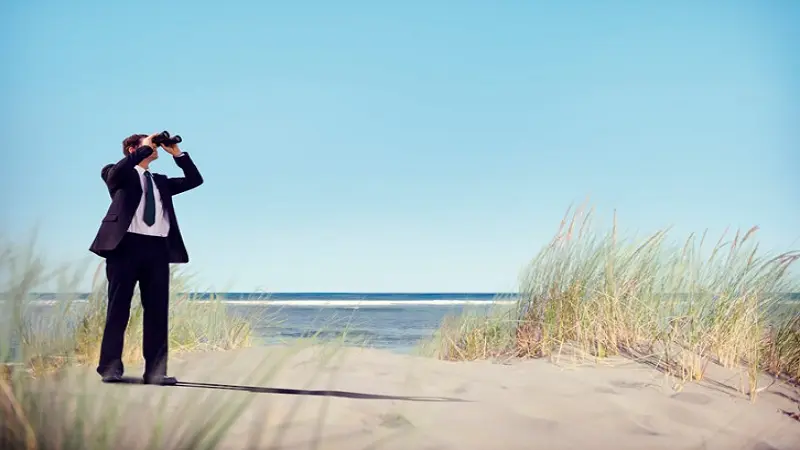The History of Fishing
Ancient Beginnings
Fishing can be traced back to prehistoric times when early humans relied on aquatic life as a vital food source. Archaeological evidence from sites around the world indicates that fishing techniques were developed in tandem with the advancement of tools. Ancient Egyptians utilized nets and hooks, while civilizations in the Pacific Islands crafted sophisticated fishing gear made from local materials.
The Rise of Fishing as a Sport
The transformation of fishing from a survival activity to a recreational pursuit began in the late 19th century. The industrial revolution led to urbanization, prompting people to seek leisure activities outside of their cities. Fishing became a popular pastime, especially among the upper classes in Europe and America. This era saw the establishment of fishing clubs, tournaments, and the proliferation of angling literature.
Cultural Significance
Fishing has played a pivotal role in various cultures around the globe. For indigenous communities, fishing is often intertwined with spirituality and tradition. It serves not only as a source of sustenance but also as a means of preserving cultural heritage. Many indigenous fishing techniques, such as sustainable practices and communal fishing, have been passed down through generations, underscoring the importance of maintaining ecological balance.
Techniques and Types of Fishing
Freshwater vs. Saltwater Fishing
Fishing can be broadly categorized into freshwater and saltwater pursuits. Freshwater fishing typically occurs in lakes, rivers, and streams, while saltwater fishing takes place in oceans and seas. Each type presents unique challenges and requires different techniques.
Popular Fishing Techniques
- Fly Fishing: A method that uses lightweight artificial flies to catch fish. It requires precision casting and an understanding of aquatic insects.
- Bait Fishing: This involves using natural or artificial bait to attract fish. It’s one of the most straightforward techniques, making it accessible for beginners.
- Trolling: A method where baited lines are dragged through the water, usually behind a moving boat. Trolling is effective for catching larger fish.
- Ice Fishing: Practiced in cold climates, ice fishing involves drilling holes in frozen lakes and fishing through them. This unique method requires specialized equipment.
- Spearfishing: An ancient technique that involves using a spear to catch fish, often while snorkeling or free-diving.
Gear and Equipment
The right gear is crucial for successful fishing. Essential equipment includes:
- Rods and Reels: Various types cater to different fishing styles and species.
- Lines: Monofilament, braided, and fluorocarbon lines each have unique properties.
- Bait and Lures: Selecting the right bait or lure can make all the difference in attracting fish.
The Psychology of Fishing
The Therapeutic Aspects
Fishing is often touted for its therapeutic benefits. The tranquility of nature, the rhythmic motion of casting, and the anticipation of a bite can significantly reduce stress levels. Many anglers find that spending time on the water fosters mindfulness, allowing them to escape the hustle and bustle of everyday life.
Building Connections
Fishing is not just a solitary pursuit; it also serves as a social activity that strengthens bonds. Family trips, outings with friends, and fishing tournaments provide opportunities for connection and shared experiences. These moments often lead to the creation of lasting memories and friendships.
Ecological Considerations
Sustainable Fishing Practices
With the rise of environmental awareness, sustainable fishing has become a critical aspect of piscatorial pursuits. Overfishing poses a significant threat to aquatic ecosystems, leading to the decline of fish populations. Sustainable fishing practices include:
- Catch and Release: This technique involves returning fish to the water after catching them, allowing populations to thrive.
- Use of Eco-friendly Gear: Selecting biodegradable lures and fishing lines can minimize environmental impact.
- Adhering to Regulations: Following local fishing laws helps ensure that fish populations remain healthy and robust.
The Role of Fishing in Conservation
Anglers have increasingly recognized their role in conservation efforts. Many fishing organizations advocate for habitat restoration, pollution control, and legislative measures to protect aquatic ecosystems. Through partnerships with environmental groups, anglers contribute to the sustainability of fish populations and their habitats.
Global Fishing Cultures
North America
In North America, fishing is a cherished pastime with deep cultural roots. From the Great Lakes to the Pacific Coast, diverse fishing styles and species offer something for everyone. States like Alaska and Florida are renowned for their fishing opportunities, attracting enthusiasts year-round.
Europe
European countries boast rich fishing traditions, with many regions hosting annual fishing festivals. Countries like Norway, Scotland, and Italy are famous for their scenic fishing spots and unique methods, such as fly fishing in the Highlands or trawling along the Amalfi Coast.
Asia
Fishing in Asia is often characterized by its integration with culture and tradition. In countries like Japan, fishing is an art form, with techniques passed down through generations. The practice of catch and release is gaining popularity, reflecting a shift toward conservation.
Conclusion
Piscatorial pursuits are more than just a hobby; they represent a connection to nature, a bridge between generations, and a vital component of cultural heritage. Whether you’re an experienced angler or a curious novice, the world of fishing offers endless opportunities for exploration, learning, and growth. As we continue to navigate the challenges of environmental sustainability, the fishing community plays a crucial role in fostering a deeper understanding of our aquatic ecosystems and their preservation.
By embracing both the joys and responsibilities of fishing, we ensure that future generations can also partake in these timeless piscatorial pursuits. So, grab your gear, head to the water, and immerse yourself in the tranquil world of fishing—an adventure awaits!



